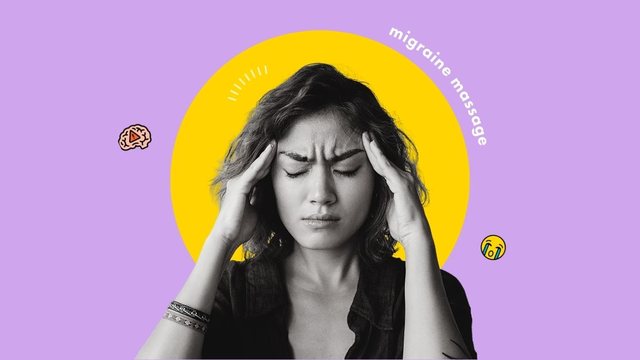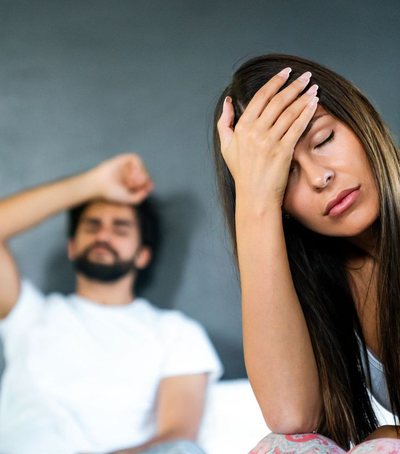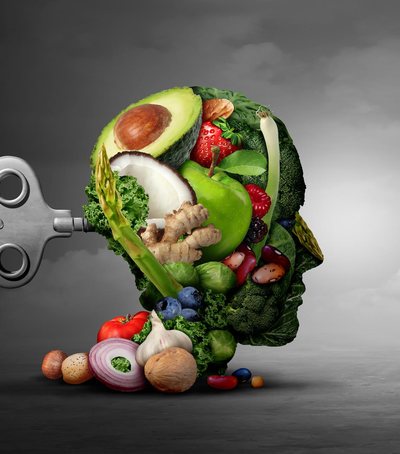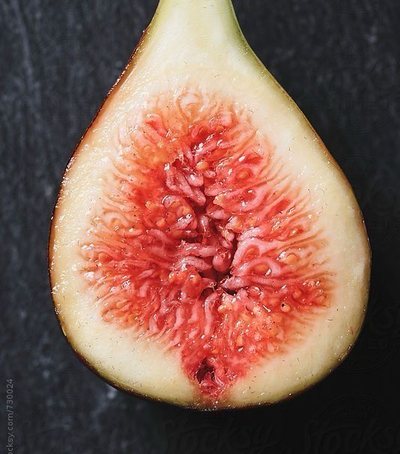
"I'm dehydrated," we often tell ourselves, or "I've been glued to my laptop all day," but while these are two valid headache inducers, could your migraine actually have something to do with it? is it related to the menstrual cycle?
Well, unfortunately for women everywhere in the world we can say "YES"! Menstrual migraine currently affects over 50% of us.
What are the signs of menstrual migraine?
Menstrual migraine is a condition where women experience severe and persistent headaches during or before their periods. While women often assume that menstruation is simply a trigger for a migraine, in the case of menstrual migraines, they are the only cause.
What causes it?
The natural drop in estrogen levels and the release of prostaglandin (a type of hormone) that occurs immediately before this period. This means that most menstrual migraines will occur during the first two or three days of menstruation.
When do menstrual migraines generally occur?
Menstrual migraines usually occur before or during menstruation. Migraines and headaches can also occur during ovulation, when estrogen and other hormones are at a high level this time.
How can I get rid of it?
Menstrual migraines are treated the same as regular migraines, with medications recommended by the doctor, but also those at home including ice or a cold cloth on the forehead area, relaxation exercises, acupuncture, etc.
How can I prevent?
Preventing or at least reducing the effect of period headaches is entirely possible, with the same preventative measures for normal migraines, but anything that balances hormones is highly recommended. Common treatments include a change in diet, eliminating simple carbohydrates, refined sugars and processed foods. Sleep, exercise and hydration are also considered essential for balancing hormones and promoting a healthy metabolism. Magnesium supplements are also a preventative measure, but if symptoms persist and do not subside it is best to contact your doctor for help in treating acute pain.





